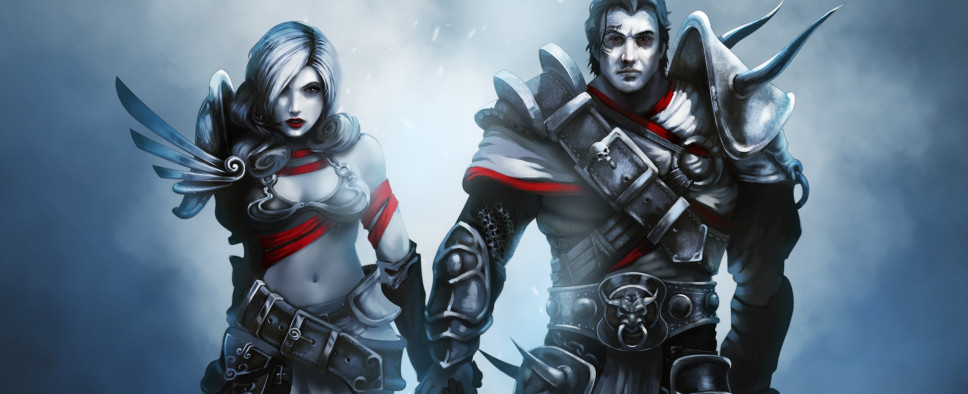Divinity: Original Sin GDC Talk Reports
-
Category: News ArchiveHits: 2145

We have rounded up a few articles that report on a talk Larian Studios CEO Swen Vincke gave at GDC recently. The talk's subject was the development of Divinity: Original Sin which proved to be quite turbulent and risky for the company, though luckily it paid off in the end.
PC Gamer has two different articles, one that focuses on how Larian bet its financial future on the game, and one specifically focused on the timeframe of the announcement for their next two projects. Here's a snippet from the first:
Divinity II's premature release left Larian in debt, so the studio decided to go all-in on its next project. To keep the entire team of 30 or so developers together, they started two projects: the RPG that would become Original Sin, and strategy game Dragon Commander. Interestingly, Dragon Commander was meant to be the bigger project, while Original Sin was a smaller RPG that would be released first.
But Larian fell in love with the RPG, and decided not to release it until it was completely finished. In Vincke's words, Larian (murdered) Dragon Commander releasing it before it was really done to focus on Original Sin and pull in some badly needed funds.
The talk was remarkably candid: Vincke admitted how many mistakes and desperate decisions the studio made to continue developing Divinity: OS as long as possible. They delayed tax payments to spend more on development and spent money they didn't have to add voice acting to the game later in development. They missed releasing some languages at launch by a day, after crunching on localization for three weeks with an emergency staff of 20 translators. And when Original Sin finally hit Early Access, the developers added thousands of bug fixes to their tracker and made significant gameplay system changes based on player feedback.
Gamasutra also has a report, with a number of direct quotes from Vincke:
(We decided we had to go independent in order to be more in control,) Vincke said. (In the past we'd been designing games to make sure they would get through a publisher's green-light process. But this isn't always the best way to design. We had to make our own technology. We needed to do our own publishing. We wanted to be in control of the revenue from day one. We wanted to control the release date. Every one of our games in the past was released prematurely. This always leads to player frustration.)
According to Vincke the studio had (lost touch with our players) and (forgotten how to communicate with them.) As development on the game progressed, the studio closely followed its rivals and ensured that it only issued press releases and communications when there are lulls in the chatter about other titles.
Moreover, the team decided to incorporate player design suggestions during the game's early access phase. (Player driven design is worth it,) said Vincke. (We had a choice to either ignore or embrace the feedback; we chose to embrace it. Every day there were long lists of to-dos gathered from our forums and Steam reviews. We had to distil this information into new tasks. It took a lot of energy, and there was resistance from the team at first, but once we started to see the results it became addictive.)

